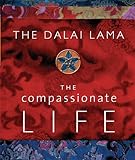Seeing the Whole
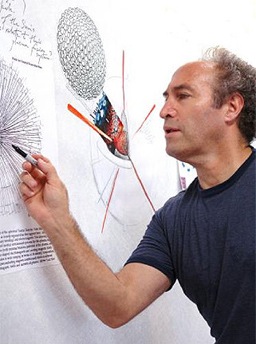
“We cannot possibly see the whole of what we are, if we persist in seeing the parts of our nature and nature’s parts as disassociated entities. Defining things without considering their relationships with other things is a fatal flaw in descriptive analysis.”
–Todd Siler (American Visual Artist, Educator, Inventor and Author, 1953-)

Universe Is a Communion and a Community
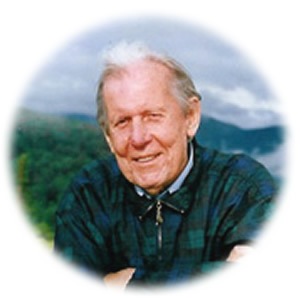
“It is especially important in this discussion to recognize the unity of the total process, from that first unimaginable moment of cosmic emergence through all its subsequent forms of expression until the present. This unbreakable bond of relatedness that makes of the whole a universe becomes increasingly apparent to scientific observation, although this bond ultimately escapes scientific formulation or understanding. In virtue of this relatedness, everything is intimately present to everything else in the universe. Nothing is completely itself without everything else. This relatedness is both spatial and temporal. However distant in space or time, the bond of unity is functionally there.
The universe is a communion and a community. We ourselves are that communion become conscious of itself.”
–Thomas Berry (American Historian, Catholic Priest and Author, 1914-2009)
A Vast Cosmic Orchestra

“Kinship with All Life” (J. Allen Boone)
“All living things are individual instruments through which the Mind of the Universe thinks, speaks and acts. We are all interrelated in a common accord, a common purpose and a common good. We are members of a vast cosmic orchestra, in which each living instrument is essential to the complementary and harmonious playing of the whole.”
–J. Allen Boone (American Author, Film Producer and Correspondent for the Washington Post who specialized in Nonverbal Communication with Animals, 1882-1965)
Every True Experience Is Grounded in Relationships
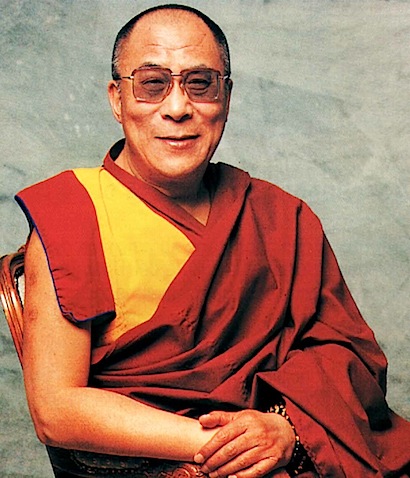
“Reflect on the basic pattern of our existence. In order to do more than just barely survive, we need shelter, food, companions, friends, the esteem of others, resources, and so on; these things do not come about from ourselves alone but are all dependent on others.
Suppose one single person were to live alone in a remote and uninhabited place. No matter how strong, healthy, or educated this person were, there would be no possibility of his or her leading a happy and fulfilling existence…. Can such a person have friends? Acquire renown? Can this person become a hero if he or she wishes to become one? I think the answer to all these questions is a definite no, for all these factors come about only in relation to other fellow humans.
When you are young, healthy, and strong, you sometimes can get the feeling that you are totally independent and do not need anyone else. But this is an illusion. Even at that prime age of your life, simply because you are a human being, you need friends, don’t you? This is especially true when we become old and need to rely more and more on the help of others: this is the nature of our lives as human beings.
In at least one sense, we can say that other people are really the principal source of all our experiences of joy, happiness, and prosperity, and not only in terms of our day-to-day dealings with people. We can see that all the desirable experiences that we cherish or aspire to attain are dependent upon cooperation and interaction with others. It is an obvious fact.
Similarly, from the point of view of a Buddhist practitioner, many of the high levels of realization that you gain and the progress that you make on your spiritual journey are dependent upon cooperation and interaction with others. Furthermore, at the stage of complete enlightenment, the compassionate activities of a Buddha can come about spontaneously only in relation to other beings, for those beings are the recipients and beneficiaries of those enlightened activities.”
–The 14th Dalai Lama (a.k.a. Tenzin Gyatso, Tibetan Religious and Political Leader, 1935-)
The Web of Life
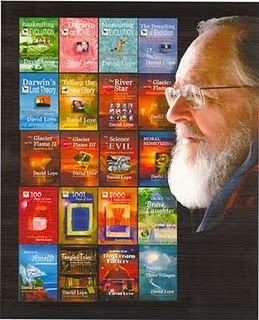
“Working with every conceivable kind of insect and animal from the protozoa upward, biologists have discovered a world of wondrously vast and orderly linkages and feedback loops between our environment and all organisms.”
–David Loye (American Psychologist, Evolutionary Systems Theorist and Author, 1925-)

“The Sphinx and the Rainbow: Brain, Mind, and Future Vision” (David Loye)
The Breath of God
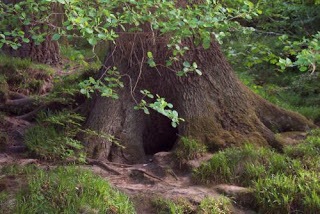
“All have the breath of God in them. The air you breathe – is it not full of God, is it not your life force? All of creation shares in it, contributes something to it.”
–The Findhorn Community

The Interdependent Web of Being
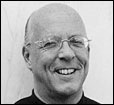
“The Logos connects everything in the interdependent web of being.”
–Richard Leviton (American Writer, Editor and Mystic, 1950-)

Everything Is Interdependent
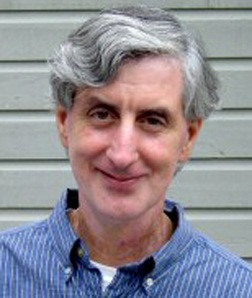
“Each one of us is dependent on others and nature to be. Everything is interdependent…. we are intrinsically and fundamentally related to everyone and everything else.”
–Wayne Teasdale (American Catholic Monk and Proponent of Interfaith Dialogue, 1945-2004)

“The Mystic Hours: A Daybook of Inspirational Wisdom and Devotion” (Wayne Teasdale)
Shaking the Web of Interrelatedness
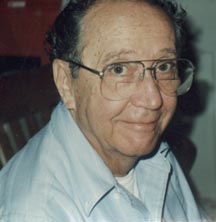
“There is a mystical truth in the saying about the ‘web of interrelatedness’: When a leaf falls to the earth, the universe is shaken. Just so, when one writes a single word, the universe is shaken.”
–William Samuel (American Writer, Spiritual Seeker, Mystic and Teacher, 1924-1996)
The Great Chain of Being
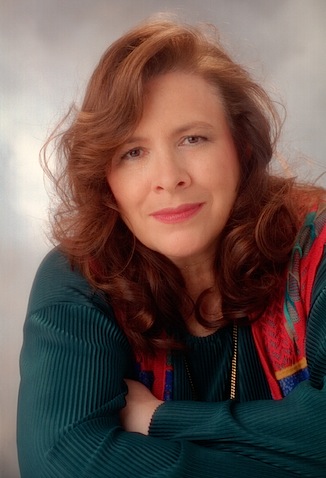
“Everything is bound up with everything else in a pattern both absolute and universal. We are links in the great chain of being, in which the hierarchy of the human body parallels the hierarchies of the nature, the state, the cosmos.”
–Jean Houston (American Scholar, Researcher and Author on Human Potentialities, 1937-)


